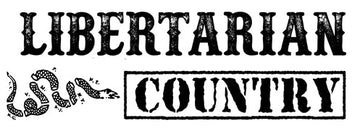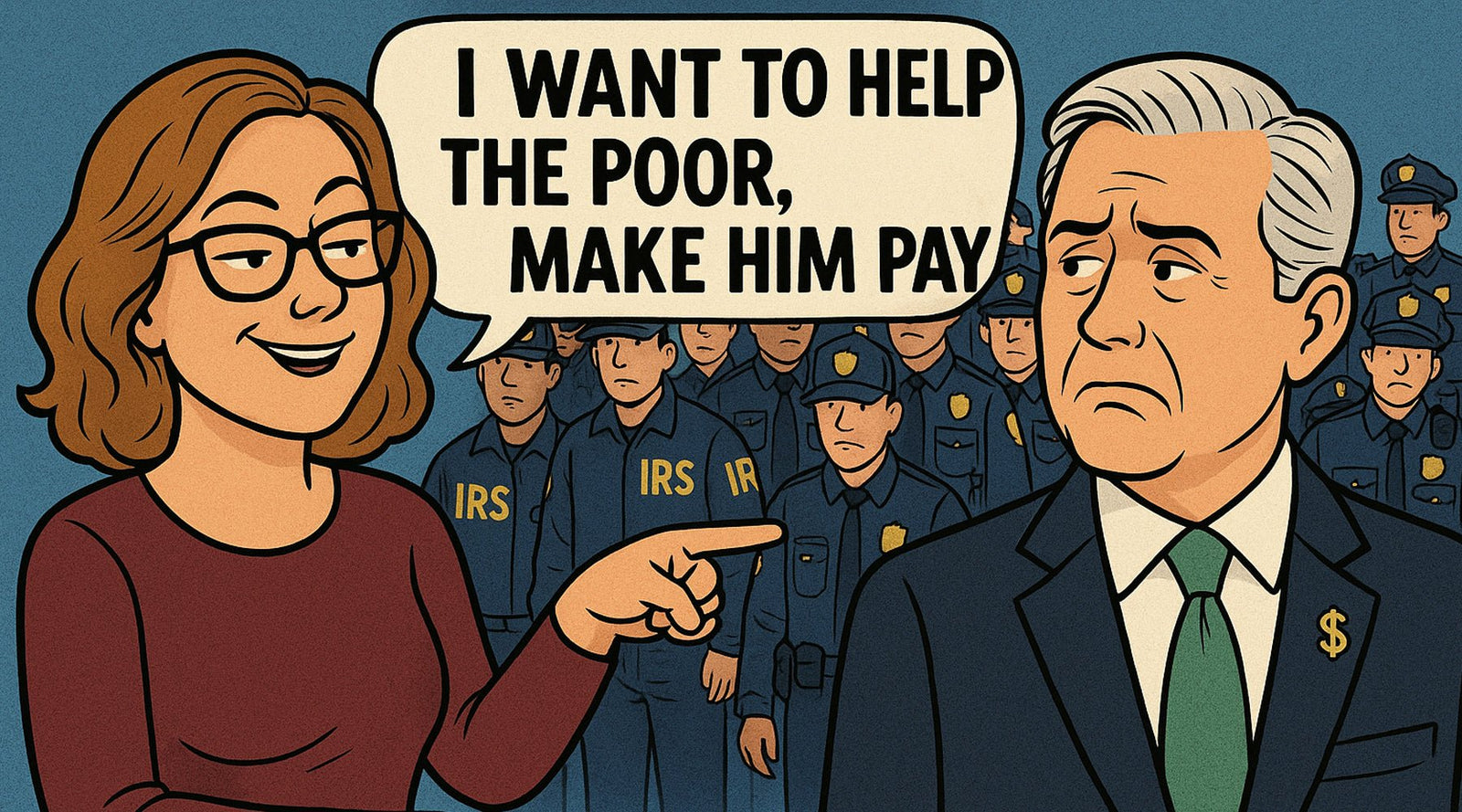There is a persistent idea in political discourse that advocating for higher taxes—especially on the wealthy—is somehow a moral badge of honor. Many proudly declare their support for redistributive taxation as proof of compassion, claiming that their desire for the state to extract and redistribute wealth demonstrates generosity and concern for the less fortunate.
But this is a dangerous conflation.
Wanting higher taxes does not make you generous; it merely signals that you are comfortable compelling others to give under threat of punishment.
True generosity comes from agency, free volition, and the giving of one’s resources from the heart. Generosity requires sacrifice, empathy, and choice.
When the government taxes citizens, no matter how noble the stated purpose, it is not voluntary giving—it is coercion backed by force. If a citizen resists taxation, the state responds not with polite requests but with fines, property seizures, and, ultimately, imprisonment or death.
No one would call a mugger generous because he claims he will donate some of the stolen wallet to the poor. Why then should politicians or citizens who advocate for increased taxation be praised as charitable?
The Moral Difference Between Voluntary Giving and Coercion
Generosity is virtuous because it is freely chosen. A person who gives to a struggling neighbor, donates to a charity, or funds a community project has acted from compassion. That free act not only aids the recipient but also ennobles the giver, strengthening the bonds of trust and goodwill within a society.
By contrast, taxes remove the moral weight of giving because the individual has no choice. If you hand money to the government because refusal brings legal punishment, that act is no more generous than paying a bill under duress. The virtue of charity cannot be outsourced to the IRS. It cannot be legislated into existence by Congress.
Wanting Others to Pay Is Not Charity
Often, those who demand higher taxes aren’t even volunteering to pay more themselves. They usually want other people—usually “the rich”—to contribute more. But saying “the government should force someone else to give more” is not generosity. At best, it is moral posturing. At worst, it is envy cloaked in virtue.
If you believe the government needs more money for schools, healthcare, or welfare programs, nothing prevents you from writing a personal check to the Treasury or giving directly to charities that serve those causes.
Voluntary philanthropy already exists at a massive scale in the United States, with billions given annually by individuals and organizations. That is genuine generosity.
The Corruption of Virtue by Politics
When people confuse taxation with charity, they erode the meaning of virtue itself.
Instead of cultivating a culture where individuals learn to give freely, society begins to outsource moral responsibility to the state. Citizens stop asking, “What can I do to help?” and instead say, “What law can we pass to make others help?” This breeds resentment and dependency, not gratitude and empowerment.
History offers many examples of nations with heavy taxation and redistribution that nonetheless failed to produce more compassion or prosperity. Coercive systems often suffocate civil society, crowding out the very voluntary organizations and networks that build resilient communities.
Conclusion
Generosity is not measured by how loudly you demand that others be taxed. It is measured by what you, as a free individual, give of your own volition. Higher taxes are not gifts—they are exactions. True virtue is born in the heart, not enforced at the point of a gun.
If we want a society of genuine compassion, it must rest on voluntary acts of kindness and charity, not on the compulsory machinery of taxation. To confuse the two is not only dishonest but dangerous, for it undermines the very meaning of generosity itself.



